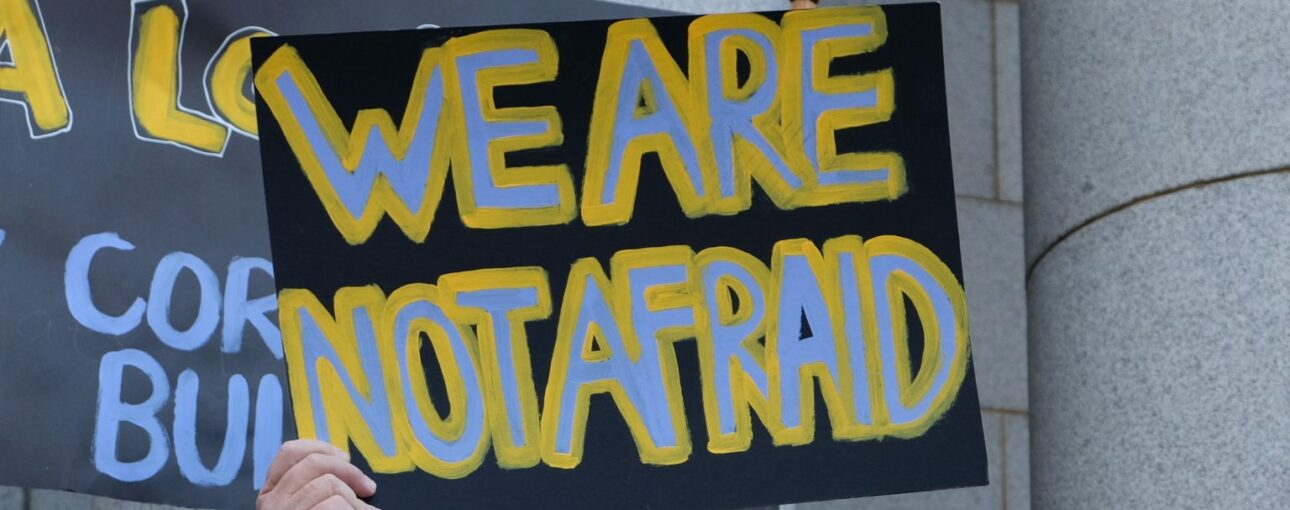COP28: NGOs call for increased protection and recognition of land, environmental and human rights defenders to advance climate justice
In a united front, global organizations working alongside Indigenous Peoples, local communities, and Land and Environmental Defenders (LEDs) have crafted a powerful NGO briefing for the upcoming UNFCCC COP28. This collective effort highlights the critical need for increased recognition and protection of those defending our planet, particularly women and girls in all their diversity.
At the heart of the briefing is a plea for world leaders, academics, media, and multilateral institutions to establish a formal and direct dialogue with LEDs—those courageous individuals on the frontlines of the climate crisis. By fostering this dialogue, the briefing aims to equip key stakeholders with the tools necessary to prevent violence against LEDs, enhance their protection, and create a more inclusive space for their participation in decisions related to environmental and climate issues.
The briefing articulates three key recommendations, anchoring a human rights-based approach to climate action and climate justice:
1. Meaningful Engagement: The guarantee of meaningful engagement of LEDs in climate policy-making is paramount. Recognizing their pivotal role in addressing climate change, the briefing advocates for the protection and expansion of LEDs’ rights, including freedom of association, assembly, expression, and privacy. Creating an enabling environment for civil society and LEDs is deemed essential for addressing the climate crisis and ensuring a just transition.
2. Land Rights and Tenure Security:Prioritizing land rights and tenure security for LEDs, especially Indigenous Peoples and local communities, is emphasized. Acknowledging that LEDs actively advocate for the protection of their land and environment, the briefing calls for measures to reduce violence and harm against them, particularly gender-based violence. Prioritizing land rights is seen as a crucial step in supporting the leadership of women LEDs in climate action.
3. Global Stocktake (GST) Outcome:The briefing stresses the need for a human rights-based GST outcome that recognizes and protects LEDs, effectively enhancing the ambition of the Paris Agreement. Specific guidance is called for in the GST outcome on how parties can increase their ambitions to fulfill human rights obligations and develop the next round of Nationally Determined Contributions (NDCs) while ensuring the promotion, protection, and respect of human rights.
The briefing underscores the vulnerability of LEDs as the most targeted group of human rights defenders, facing violence, harassment, and criminalization. It also recognizes that Indigenous Peoples and local communities are particularly exposed due to their proximity to the crisis and their dependence on land and nature.
As COP28 commences, the briefing serves as a crucial call to action, urging state parties, the COP presidency, and the UNFCCC secretariat to safeguard the fundamental rights of LEDs and prevent reprisals against them.
The NGO brief was initiated by Natural Justice; Global Witness; CambiaMO; Green Advocates; EarthRights International; Landesa/Rural Development Institute; International Land Coalition – Africa; Civicus; European Center for Not-for-Profit Law (ECNL); International Center for Not-for-Profit Law (ICNL); ELaw; Center for Environmental Concerns Philippines; Asia Pacific Network of Environment Defenders (APNED) and endorsed by more than 100 organisations

